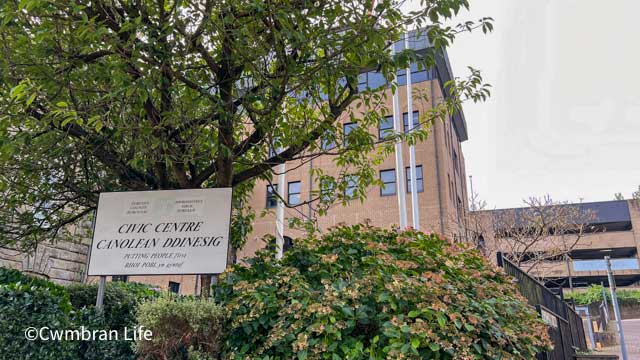FAMILIES of disabled children may be reluctant to come forward for support a council manager has said.
Councils have a legal duty to provide support to children who have been assessed as having “complex needs” including severe or profound disabilities, life-limiting illnesses and conditions such as epilepsy or autism that have a significant impact.
In the 12 months to the end of August 2024, there were 125 new referrals to the Disabled Children’s Team at Torfaen Borough Council, an average of ten referrals a month.
Most, 35, came from health professionals followed by the council’s education department and relatives, 25 each, while schools and other council departments, including housing, also made referrals.
But only three were “self-referrals” from parents of disabled children, a figure the council’s head of children and family services Jacalyn Richards said she expected to be higher.
She told the council’s scrutiny committee: “I’m quite surprised we aren’t seeing a higher number of families (self-referring). I would want to know what that’s about, is it stigma attached to children’s social services? Is it families are trying other avenues before they come to us?
“There needs to be a piece of work to understand why that is happening.”
Ms Richards said she was also “really disappointed” to learn, from feedback collected by the council, one parent who praised support from a social worker felt help wasn’t available until they’d reached a “crisis point”.
The children’s services chief said that could be related to the issue she had flagged up of low numbers of families contacting the service.
Councillors said the authority should prioritses implementing a recommendation, from an inspection of the service by Care Inspectorate Wales in 2020, that it reviews its register of disabled children.
Local authorities must hold such a register but only two disabled children are registered in Torfaen. That, the council says, demonstrates it should hold a formal review although it has cautioned while it is required to hold a register it is voluntary and children and their parents/carers can choose whether they wish to be included.
Ms Richards said the 2020 inspection had identified a “number of positive outcomes for children” from the service’s work as well as areas for improvement and said progress has been made though there are ares where work to address them has “perhaps not been as good as we would have anticipated.”
Recommendations included the council increasing visits to children in its care and meeting timescales for reports, which is in common with improvements required across its children’s services, and meeting requirements for assessments of carers’ needs as well as offering short breaks for families with disabled children.
The committee was told steps have been taken to ensure carers’ needs are considered during assessments but Ms Richards said demand for placements meant carers for short breaks could be hard to find.
The council prevously had an arrangement to use a residential respite centre in Monmouthshire, which has since closed, but Torfaen doesn’t have the numbers to “justify” setting up its own provision.
The committee will also recommend the council’s youth forum promotes the young carers ID card scheme so there is better awareness of it in schools, and a training programme on advocacy services should also be pushed including to school governors.

